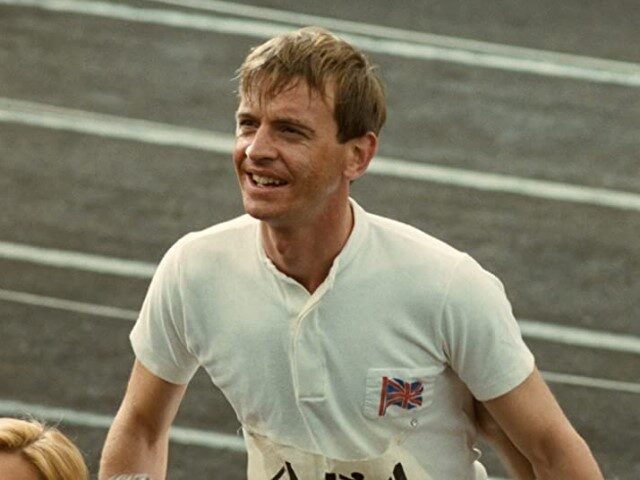Chariots of Fire was always about more than just running on the beach in slow motion.
The 1981 Oscar winner for best picture turned running into a religious experience. “[God] made me fast,” one of the movie’s protagonists explains. “To win is to honor Him.”
Hollywood stopped making Christian movies a long time ago, but Christian audiences never went away. In fact, they are as numerous as ever, as recent box office figures show. Chariots of Fire is the kind of crossover Christian movie the industry needs to make again, which is to say, the best kind — spiritual but not preachy, with the ability to move an atheist to tears without necessarily converting him.
British director Hugh Hudson, who died Friday at 86, may not have been a great filmmaker, but he certainly made a great movie. For years, cultural elites have looked down on Chariots, dismissing it as tasteful heritage cinema and Oscar bait. Their knee-jerk condescension to anything remotely Christian has blinded them to the movie’s many qualities, including its physical portrayal of faith.
One of Hudson’s best choices was casting acclaimed stage actor Ian Charleson in the role of Eric Liddell, the Scottish missionary who finds God’s calling on the track. The actor’s angelic face emits a glint of mischief, which mercifully takes the saccharine out of a character who is pretty much a saint.
Charleson is at his finest and strangest in the running scenes. Whenever Eric crosses the finish line, Charleson creates an almost exaggerated impression of euphoria: his head thrown back, eyes wide open, mouth agape in awe. Running becomes a kind of religious ecstasy and Biblical rapture, allowing him to transcend his own body as he comes closer to God.
If God made Eric Liddell fast, then crossing the finish line is an act of Christian devotion and a form of worship. “To give it up would be to hold Him in contempt,” he tells his sister, who wants him to renounce the sport and return to the family’s mission in China.
Eric chooses to run in the Olympics first and return to China second. For him, running and faith are not in opposition but one and the same. He is destined to embody what one character calls a “muscular Christianity.” Later, Eric quotes Isaiah, Chapter 40: “They that wait upon the Lord shall renew their strength, they shall mount up with wings as eagles. They shall run and not be weary.”
Chariots of Fire is only nominally about running in the same way Raging Bull is nominally about boxing. In both movies, released a year apart, the sports arena becomes a religious terrain. Eric Liddell uses the track to achieve grace; Jake LaMotta uses the boxing ring as Catholic penance.
Eric Liddell’s polar opposite is Harold Abrahams (Ben Cross), the Cambridge student who is first a rival and then a teammate at the 1924 Paris Olympic Games. Abrahams is as worldly as Liddell is spiritual. He pursues women, enjoys showing off to his classmates, and becomes obsessed with competition.
He is also Jewish, which makes him an outsider in the Cambridge of his day. His drive to win comes from a feeling of inferiority and resentment.
Eric runs for God. Harold runs for himself. Who is better off in the end? The movie is resolutely agnostic on the question.
In the end, the two protagonists are united by a common flag. When Chariots of Fire was released in 1981, it became a patriotic rallying cry for a Britain that was in the throes of economic collapse and on the brink of the Falklands War. But in the final analysis, the movie puts God before country. At the Olympics, Eric chooses not to run on the Sabbath, even if it means letting his country down, because to do so would be against God’s law.
Eric doesn’t back down despite pressure from the Prince of Wales himself. Again, Isaiah, Chapter 40: “Behold, the nations are as a drop in the bucket and are counted as a small dust in the balance. All nations before Him are as nothing.”
Chariots of Fire concludes with the most rousing version you’ll ever hear of the hymn “Jerusalem,” from which the movie derives its title (“Bring me my spear: o clouds unfold. Bring me my chariots of fire”). The final dissolve occurs on a crescendoing descant that lifts its young runners, who are all gone now, from Earth to Heaven.
Follow David Ng on Twitter @HeyItsDavidNg. Have a tip? Contact me at dng@breitbart.com

COMMENTS
Please let us know if you're having issues with commenting.